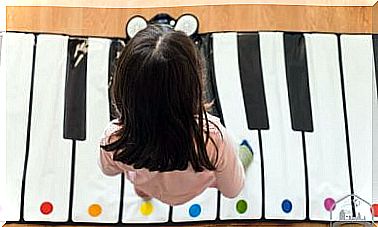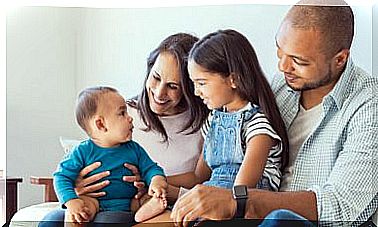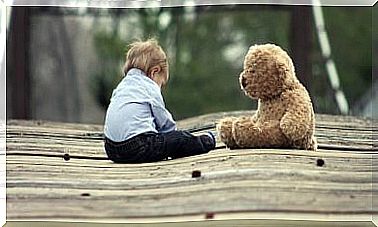How To Explain The Coronavirus To Children?
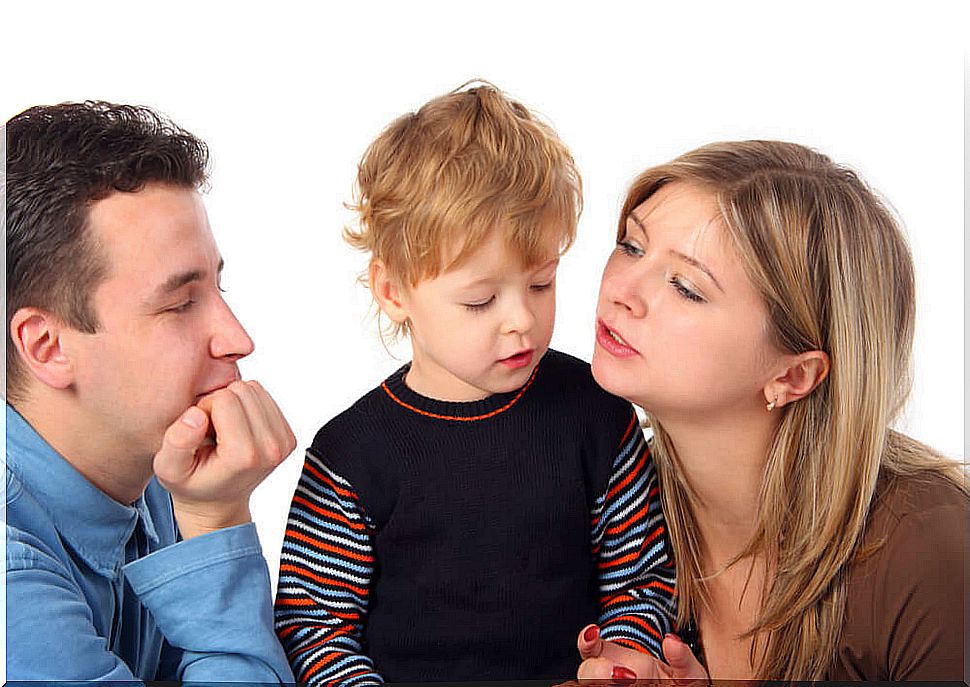
As coronavirus cases rise, fear grows. The media report incessantly and important changes are taking place in our routines to prevent new infections. Faced with this scenario, the little ones can feel confused and disoriented. To avoid unnecessary suffering, it is important that adults know how to explain the coronavirus to children.
If your children are of a certain age, it will be practically impossible for them to still be oblivious to this global phenomenon. They will have heard thousands of information from various sources and, surely, many of them, biased or erroneous. Therefore, it is important that parents provide a safe space for communication.
Fear only makes the situation worse
The most important aspect to remember is that fear will not favor the little ones at all. These can be very impressionable, and if we don’t handle the situation tactfully, we can create great discomfort for them. If their fear is high, they can present anxiety, sleep difficulties and somatizations in the form of physical pain.
For this reason, our message must be directed to the fact that the important thing is to take care, not to worry. An infant has a fairly limited capacity for control over his own life. It is the adults who decide their daily activities and routines. So if you don’t have the choice of what to do each day, you shouldn’t be burdened with worry either.
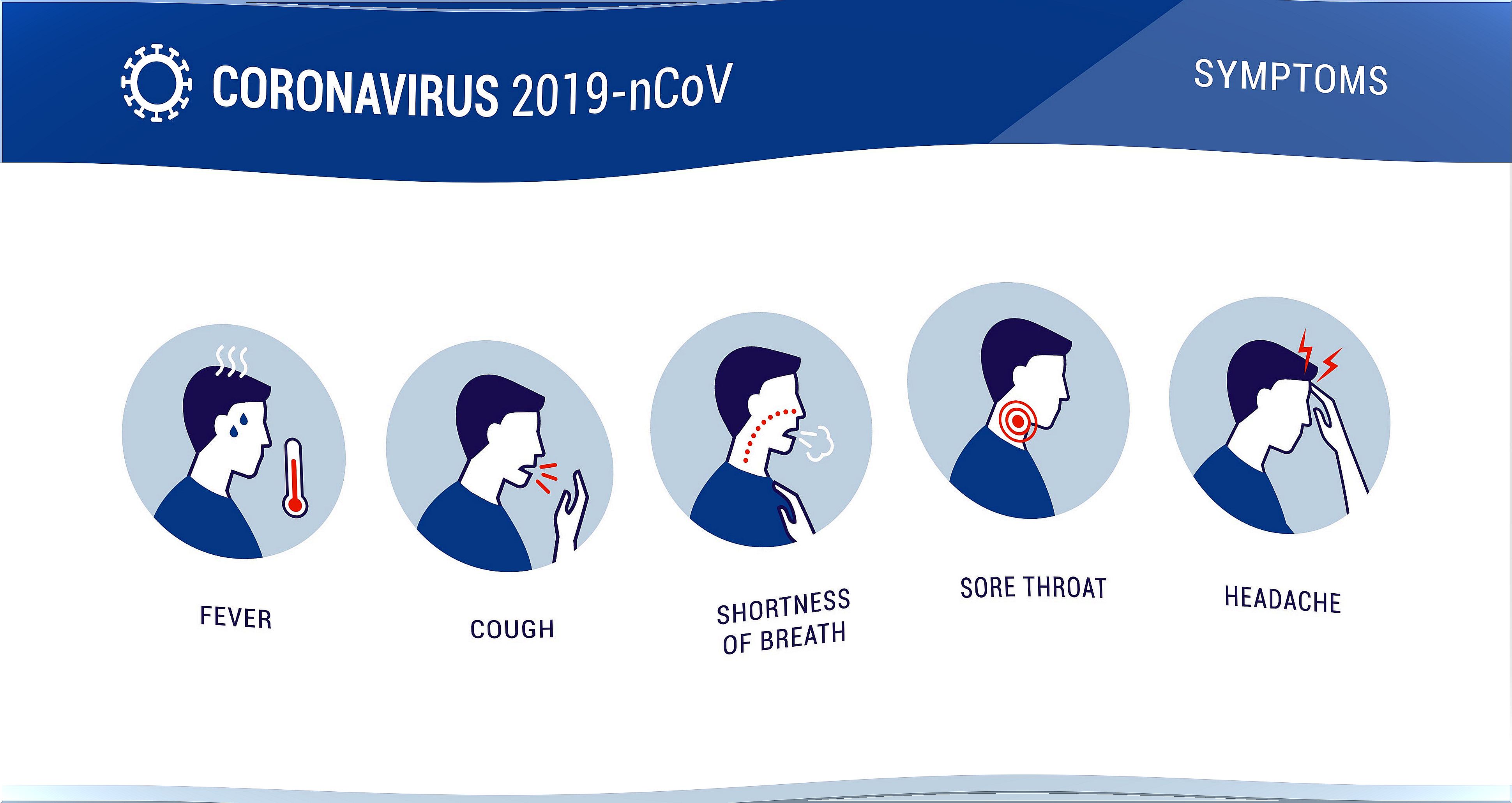
How to explain the coronavirus to children?
Start a conversation space
It is necessary to normalize family communication regarding this matter. Children should know that they can go to their parents to express their fears and doubts. Then start a calm, relaxed conversation with them, even when they haven’t shown a need to talk about it. It is preferable to anticipate and avoid being alone in the face of a flood of confusing information.
Let your children first explain what they know and have heard about the coronavirus. In this way, you will get an idea of their knowledge and the origin of their possible fears. Here are some simple information about the virus and its symptoms.
Provide them with basic and simple information
Remember that it is important to adapt communication to the age and cognitive abilities of the child. You can tell the little ones that it is a virus, like the flu or gastroenteritis, diseases they already know.
Explain that the steps you are taking are to prevent other people from getting sick. When they meet, they usually stay at home to improve and avoid infecting their classmates at school. And this is what is happening.
Inform them of the main symptoms of the virus, and encourage them to go to their parents if they feel unwell. But reassure them that most people are recovering and that older people are most at risk.
Avoid being an alarmist. Just as we do not comment on the people who die each year from flu and other diseases, in this case it is not necessary either. Similarly, make sure that family members are okay.
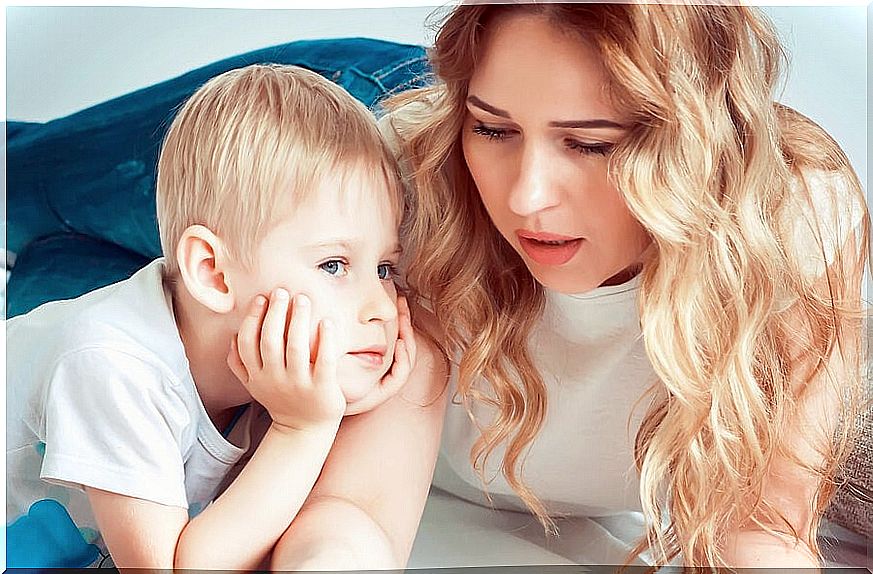
Explain the hygiene measures
Try to focus on what the child can do to occupy himself. That is, carry out the necessary hygiene measures. Explain that she should wash her hands often, for at least 20 seconds. And that you should try to cough and sneeze by putting your elbow or using a handkerchief.
Also ask him to avoid touching his eyes, nose, and mouth. Encouraging him to follow these recommendations will help him feel more in control, reducing his fear and uncertainty.
Caring, not worrying: the key to explaining the coronavirus to children
But above all, assure him that he need not worry. He must be careful with the hygiene measures that you have mentioned, but he can continue his life without anguish.
Remind him that researchers, doctors, and other professionals are taking steps to heal us and keep us safe. And that, in addition, his parents watch over him. He only has to follow your instructions, but not to worry; that is his parents’ business.
Finally, take care of your own nervous state and the conversations you have about the coronavirus when the child is present. If your child has any questions, answer them. But, in general, try to give them a routine that is as normalized as possible and avoid constantly talking about the virus.

